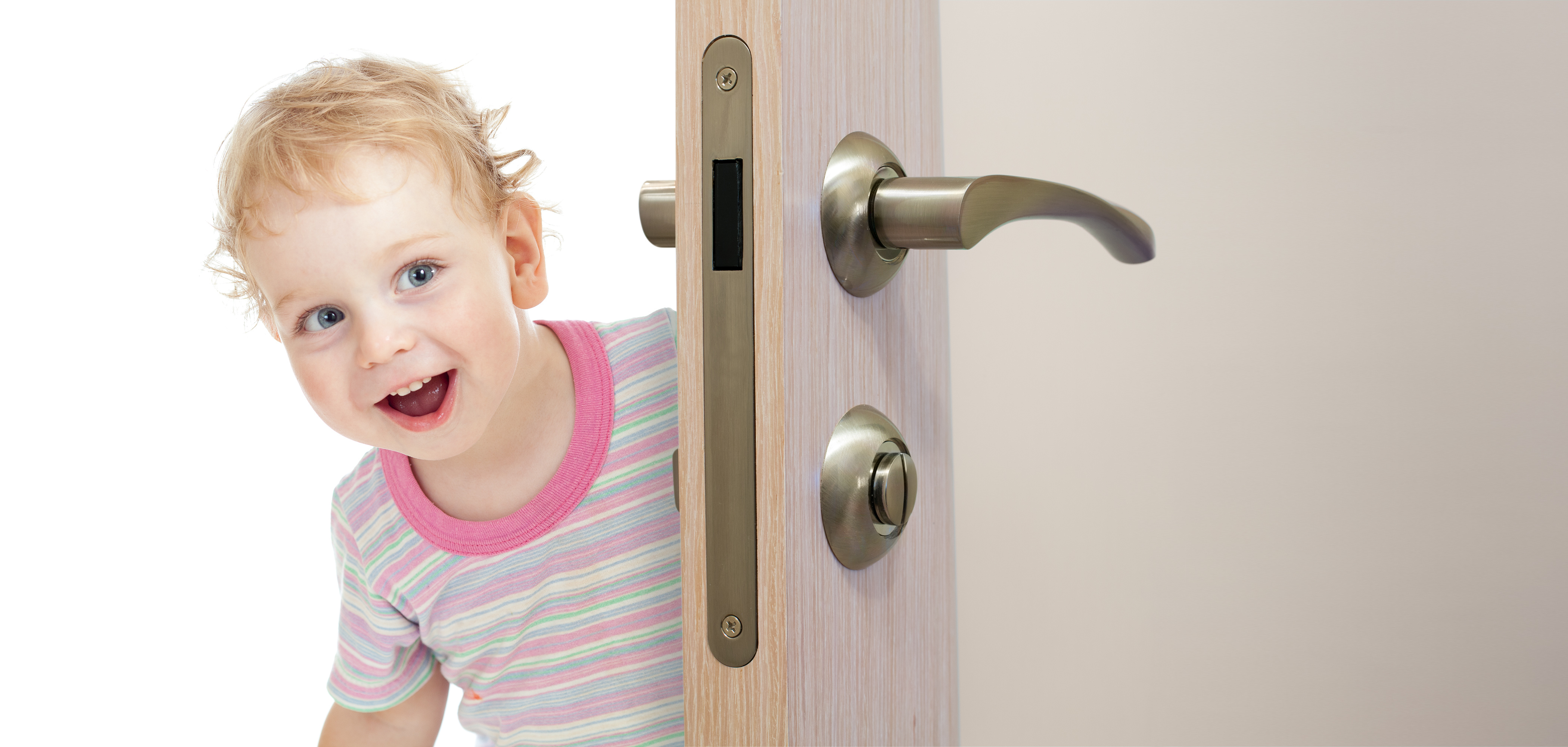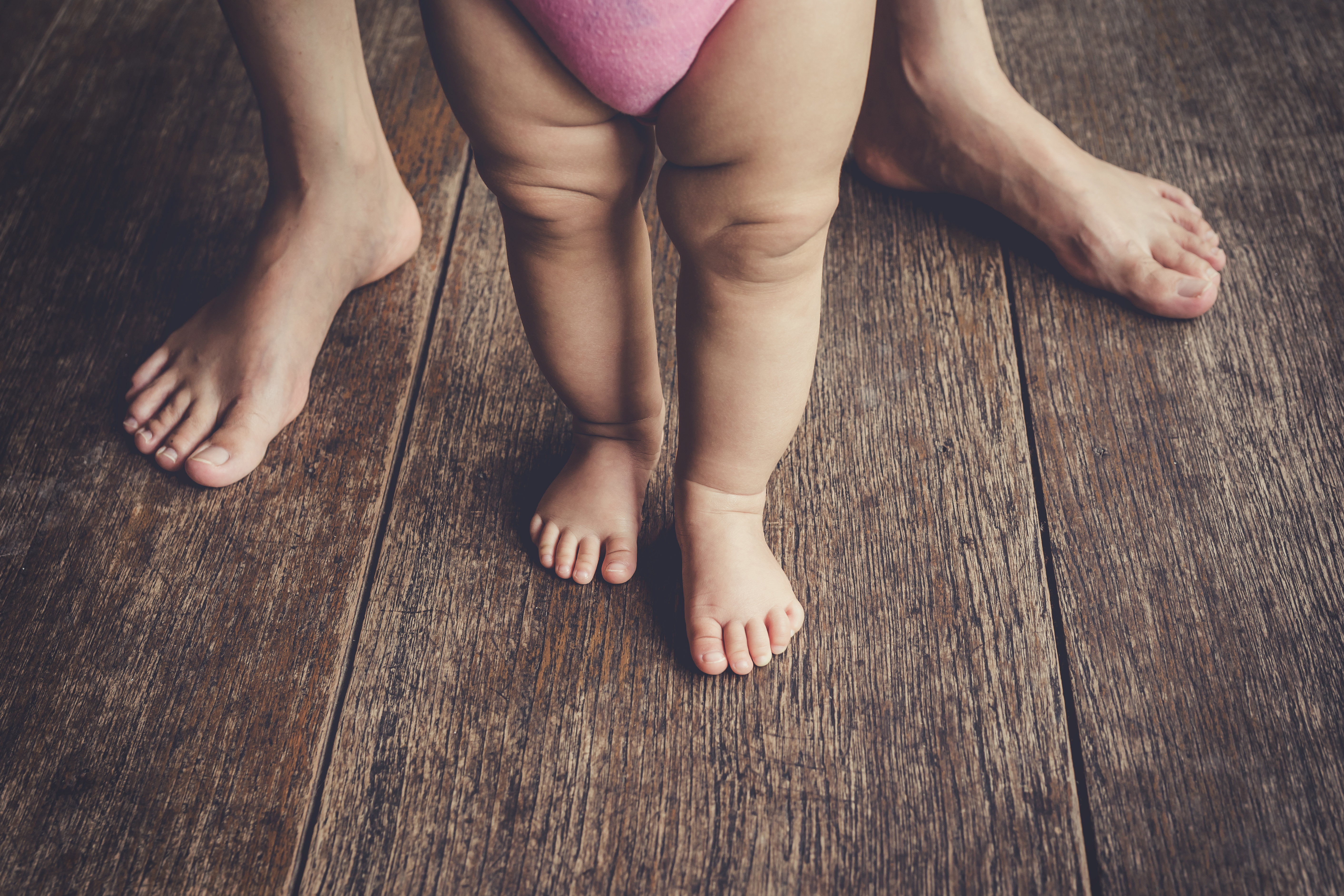After the adoption process has settled and the papers have been finalized, it doesn’t necessarily get easier. Here are 10 things you can do to help your child transition into your home.
- Have a book of your household rules available for them to look at (if they are able to read) so they know your expectations about behavior. Most agencies want you to have something similar in place and it is a helpful guideline for a kid who may be coming from either a place where control was high and independent thought was low or control was chaotic and personal accountability didn’t exist. Either way, clear guidelines are essential for both you and the child.
- Have pictures of your family and be willing to sit with them and identify who is who. Add their pictures to the mix so can see they are included in the family now.
- If able, let them pick out their bedding/wall decorations for their room so they can feel at home in their own space with things they enjoy. Be aware that their likes may be very different from yours and finding a middle ground where you are both happy will take time. You are the parent, but your child may have come from a situation where they had no control and picking room decorations may be a safe outlet for them to gain a sense of control in their own lives.
- If it doesn’t seem too overwhelming, take them grocery shopping with you to pick out foods they are most likely to eat. They still may not eat much, out of fear, confusion, or tiredness, but having something available that is comfort food (even if it is something you would never eat) is helpful in making the child feel secure. An example for us was canned ravioli. The smell of it makes me gag a room away. However my boys loved it while they were transitioning into our home. Me trying to make them eat what I like or find comforting served to damage our relationship in the beginning so I’m happy to crack open a can of Chef Boyardee if that will help them feel a little bit better.
- Allow them space to grieve, adjust, and feel big feelings, but not so much space that they feel ignored. Pay attention to them but not so much that they feel smothered. Adopted children need to know they are safe so they can attach to caregivers and for that to happen they need to feel heard even when it is big, sad, angry, and frustrated feelings they are voicing.
- Try to make time every day to connect in some way. It doesn’t have to have a ton of deep meaning every time but connection is important. Read a story, look at a photo album together, swing them on a swing, go to the park, share a snack and ask them questions about themselves. Make an effort to share in at least one thing that lets them know you are there and you care about them.
- Don’t expect to be a picture perfect family from the first second they walk through the door. Examine the situation from the child’s perspective: you are all new and everything is strange and potentially scary. Expect for there to be tantrums and meltdowns and show the child you love them anyway. Don’t prepare for if your best laid plans go sideways. Plan for when they do.
- Find a counselor that specializes in adoption related trauma and get in to see them with your child if it is age appropriate. A counselor can help you see problems that you could be blind to that may affect your attachment in the long term if not addressed early on.
- Take your child to their new school/church/daycare etc. while there aren’t too many people around so they can get used to the space when it isn’t terribly overwhelming. Introduce them to teachers, pastors, friends, etc. and help them find their way from place to place so on their first day without you they can feel confident in where to go.
- Establish routines so both you and the child know what is going to happen next. While it is impossible to completely control every aspect of your lives it can be helpful to know in general what happens next. A routine can help your child feel more in tune with their new home.
Do you feel there is a hole in your heart that can only be filled by a child? We’ve helped complete 32,000+ adoptions. We would love to help you through your adoption journey. Visit Adoption.org or call 1-800-ADOPT-98.





